Lost Doctor Who Episodes Discovered But They Won’t Ever Be Aired?
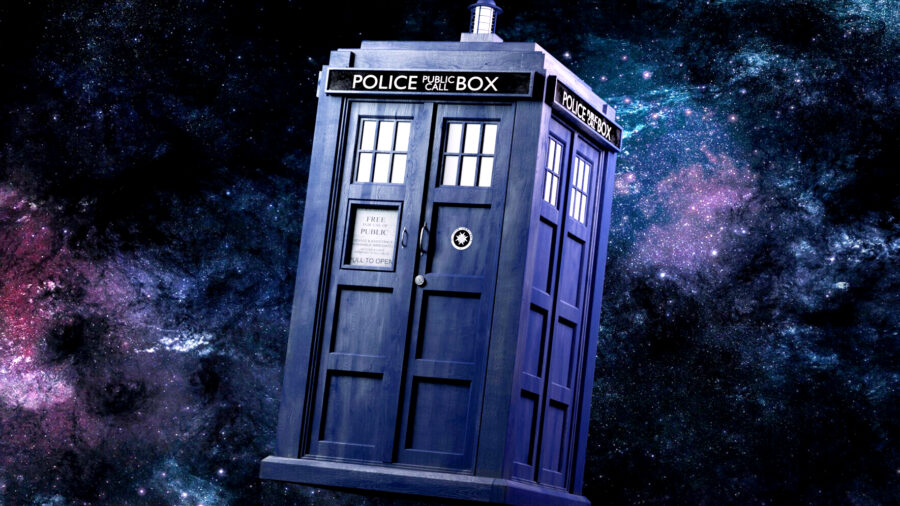
Hardcore Doctor Who fans can tell you how frustrating it is that many of the early exploits of The Doctor have been lost to time, never to be seen again. This is mostly thanks to the BBC’s practice of recording everything on video in the ’60s and then either tossing it or erasing and reusing the tapes to save money. Now, according to The Guardian, two previously lost adventures featuring the first Doctor have been unearthed—unfortunately, Whovians may still never see them.
2 Lost Episodes Featuring The First Doctor And The Daleks Have Been Found
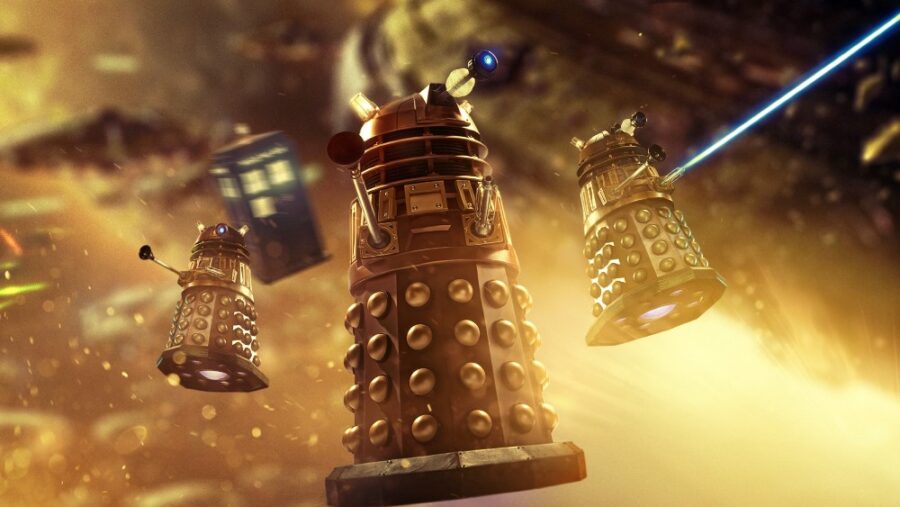
Two episodes have been discovered from the first Doctor Who series starring William Hartnell as the Doctor. The earliest seasons of Doctor Who in the late ’60s are the most incomplete with as many as 97 Doctor Who episodes believed to be missing from the show’s first six years on the air. This pair of newly discovered “lost” episodes—one featuring infamous Doctor Who baddies the Daleks—represent a special opportunity for Doctor Who fans everywhere, if only there was a way to watch them.
The Owners Are Hesitant To Hand Over The Lost Tapes
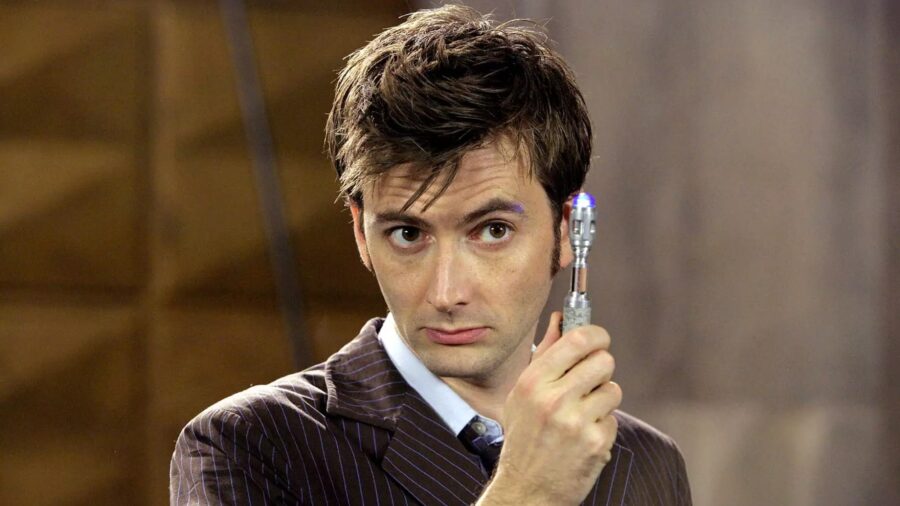
It’s not that the amateur Sherlock’s who found the two episodes don’t want to share. It’s just that the anonymous Brits are worried about the BBC seizing the Doctor Who tapes if they come forward. One veteran film collector, John Franklin, has a solution.
Franklin thinks the BBC should grant an immediate amnesty on missing TV footage. He believes that such a move would reassure amateur collectors of lost British media that if they share their treasures publically, the BBC will not try to confiscate them, or worse, have them prosecuted for squirreling away “stolen” BBC property.
They Might End Up Lost Once More
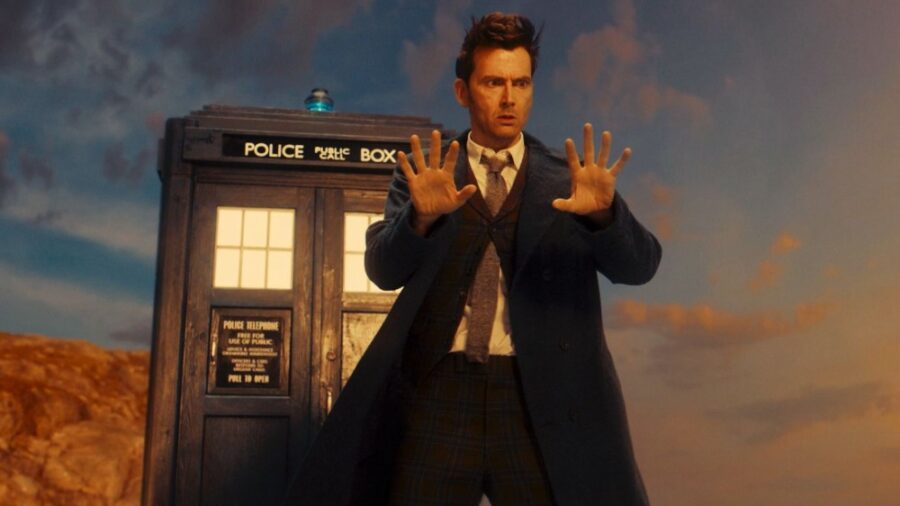
“Some of these collectors are terrified,” notes Franklin. The historian personally knows the location of several archived BBC treasures, including the two episodes of Doctor Who as well as an episode of The Basil Brush Show. Franklin warns that if these private film and TV stashes aren’t cataloged and saved, they could be lost again through estate sales. “A lot of the owners of these important collections are now in their 80s.” explains Franklin morbidly.
“The collectors involved are ex-employees and so are terrified,” says Franklin, explaining their reluctance to come forward with the footage. Franklin stressed that employees of the BBC were forbidden to take anything home with them “even if it had been thrown out.” “But,” the collector counters, “if you loved film and knew it would be important one day, what did you do?”
Granting Amnesty Could Save The Lost Footage
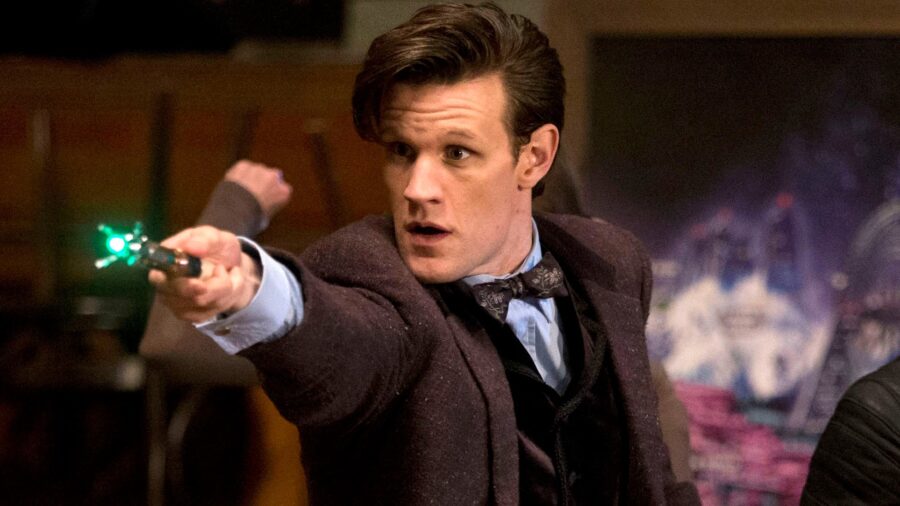
One person who supports Franklin’s plea for amnesty is Mark Stuckey, a film and projector restorer who appears as an electronics expert on the BBC series The Repair Shop. According to Stuckey, collectors like the ones who found the Doctor Who episodes used to be seen as “criminals” but should be looked at now as “saviours.” “An amnesty would stop them being frightened of prosecution,” Stuckey says.
Meanwhile, the BBC said it was ready to talk to anyone regarding the lost episodes. The organization says it welcomes these public collectors to contact it about “lost archive recordings” and that the BBC would be more than happy to work alongside them to “restore lost or missing programs to the BBC archives.” The BBC notably stopped short of the kind of blanket amnesty that Franklin and Stuckey are pushing for.
For now, the Doctor Who episodes remain in the hands of private collectors.
Doctor Who Anniversary Specials
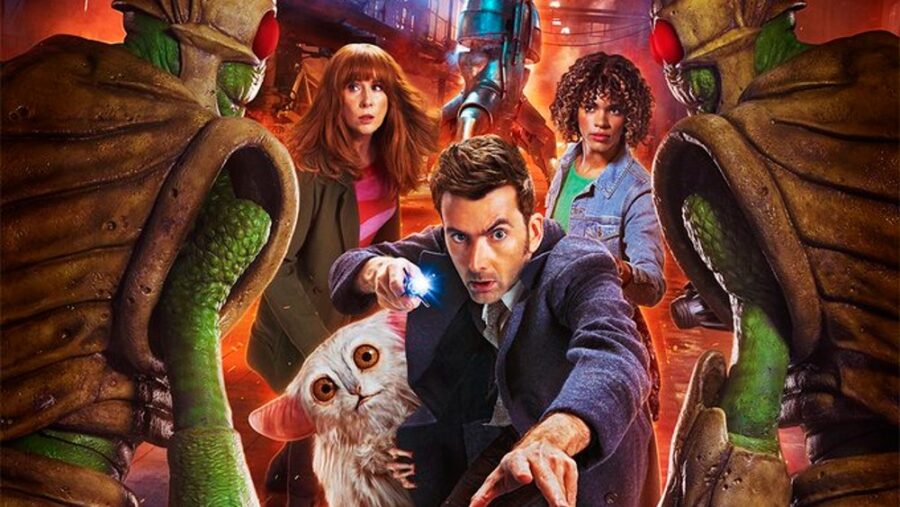
Meanwhile, what fans refer to as “New Who” will return to television screens on November 25 with the first of three special episodes created to celebrate Doctor Who’s 60th anniversary. The new specials feature David Tennant reprising his role as the fan-favorite 10th Doctor.
s a










